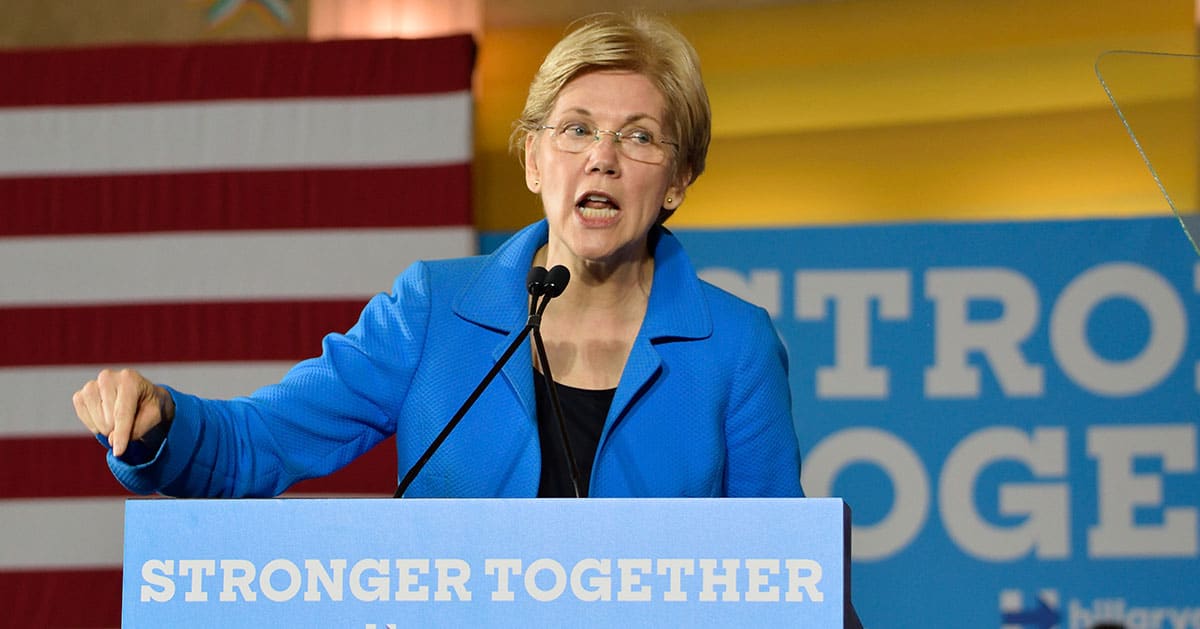


A tragic shooting spree in Minnesota has left the state reeling and sparked fierce criticism of Gov. Tim Walz’s leadership. Early on Saturday, June 14, 2025, Vance Luther Boelter, a 57-year-old former state appointee, allegedly posed as a police officer and unleashed violence that claimed lives and shattered families, reported Fox News. The incident has ignited a firestorm of debate over the state’s political climate.
Boelter is wanted for killing former Democratic House Speaker Melissa Hortman and her husband, and seriously injuring Sen. John Hoffman and his wife in their Champlin home. This calculated attack, labeled a “politically motivated assassination” by Walz, has exposed deep divisions in Minnesota’s political landscape.
The Minnesota Department of Public Safety released a photo of Boelter, taken on the day of the shootings. Authorities say he impersonated a police officer to gain access to Hoffman’s home before moving on to Hortman’s residence. The audacity of the ruse only amplifies the horror of the outcome.
Boelter’s background raises troubling questions about his path to violence. He earned a Ph.D. in leadership from Cardinal Stritch University, a credential that once positioned him as a respected figure. Yet, his actions suggest a betrayal of the very principles he studied.
In 2016, Gov. Mark Dayton appointed Boelter to Minnesota’s Workforce Development Board as a private sector representative. Gov. Walz reappointed him in 2019, with his term ending in 2023. That Walz omitted this connection in his public statement fuels skepticism about transparency in his administration.
Walz called the attack a “politically motivated assassination” while addressing reporters on June 14, 2025. The label is chilling, but his silence on Boelter’s ties to his administration invites scrutiny. Minnesotans deserve candor, not selective storytelling.
Former Minnesota Vikings player Jack Brewer didn’t mince words, blaming Walz and Attorney General Keith Ellison for fostering chaos. “Minnesota has become the capital of chaos in America,” Brewer told Fox News Digital. His words resonate with conservatives who see progressive policies unraveling the state’s social fabric.
Brewer, who also played for the University of Minnesota Golden Gophers, lamented the state’s decline. “I lived in Minnesota for years. It was not like this,” he said. Nostalgia for a more civil era underscores his point, though critics might argue he oversimplifies complex issues.
“People could disagree and still have conversations,” Brewer added, mourning the loss of respectful discourse. His frustration mirrors a broader conservative critique: that radical leftism stifles dissent and fuels division. Yet, painting all Democrats as complicit risks alienating moderates who share his grief.
Brewer’s most pointed jab came on Father’s Day, when he called Walz a “weak, emasculated leader.” The gendered rhetoric, while provocative, reflects a conservative yearning for strong, traditional leadership. But such language could alienate voters who value policy over posturing.
“The root cause of all of this is evil,” Brewer declared, framing the shootings as a moral failing of liberal governance. His spiritual lens may rally the faithful, but it sidesteps practical solutions to gun violence and political extremism. Evil is real, yet policy must grapple with the tangible.
Brewer also criticized the “liberal hub” of Minneapolis and St. Paul, claiming it’s overtaken Minnesota’s identity. “It’s not a reflection of the true people of Minnesota,” he insisted. This urban-rural divide is a familiar conservative talking point, but it risks dismissing the diversity of Minnesotan voices.
Walz’s office has yet to respond to requests for comment, leaving a void in the public discourse. Silence from the governor’s team only deepens mistrust among conservatives already wary of his leadership. Minnesotans need reassurance, not radio silence.
The shootings have left a scar on Minnesota, a state Brewer called “one of the most amazing” in America. His heartbreak is palpable, and his call to “restore fatherhood” and protect families taps into conservative values of stability and tradition. But healing requires more than rhetoric—it demands action.
As Minnesota grapples with this tragedy, the debate over Walz’s leadership will only intensify. Brewer’s voice, while polarizing, reflects a conservative conviction that progressive policies have led the state astray. Whether his critique holds water or merely fans the flames, only time will tell.



